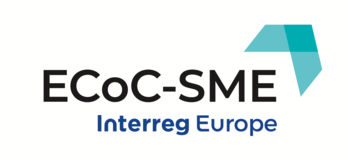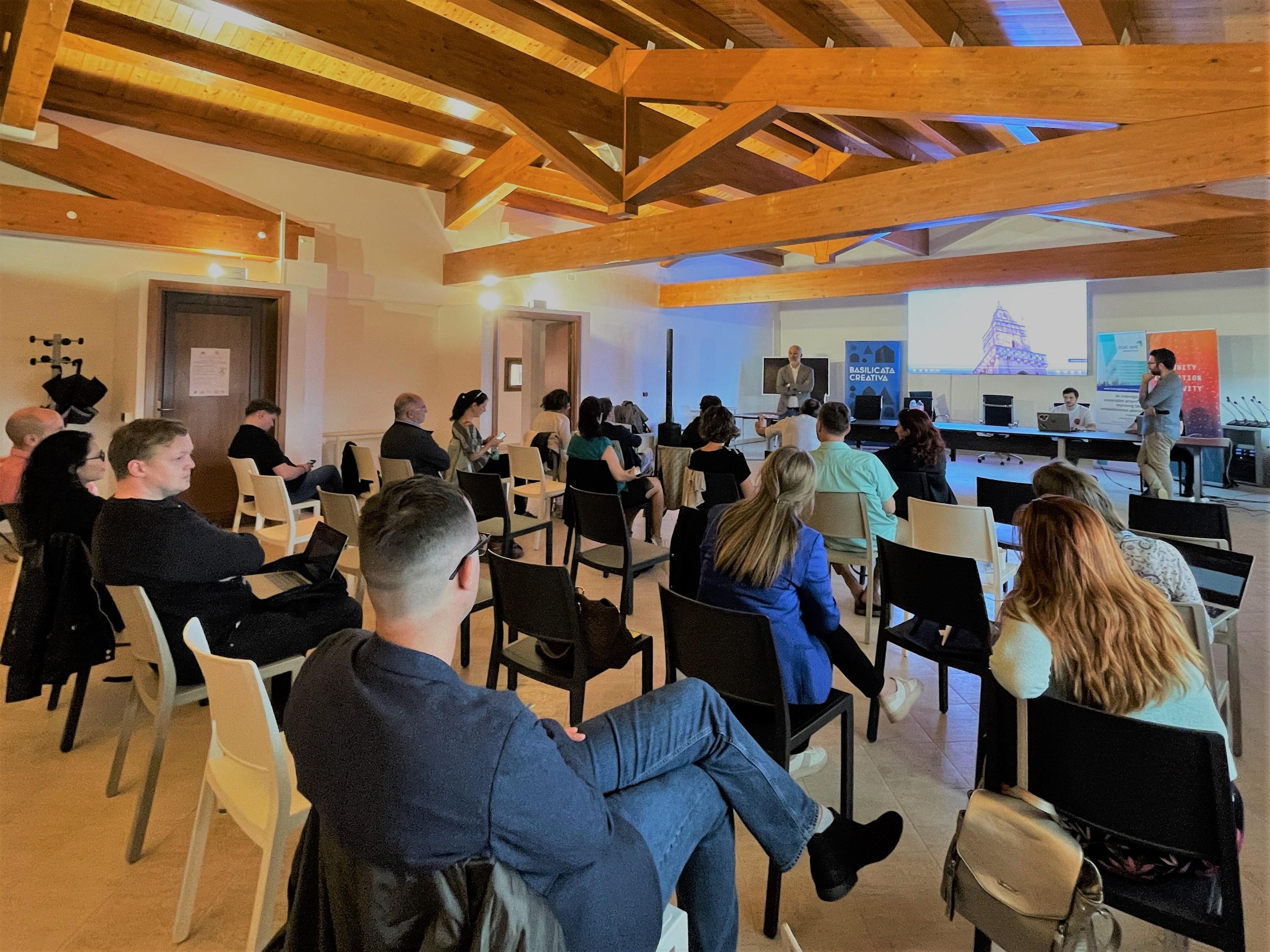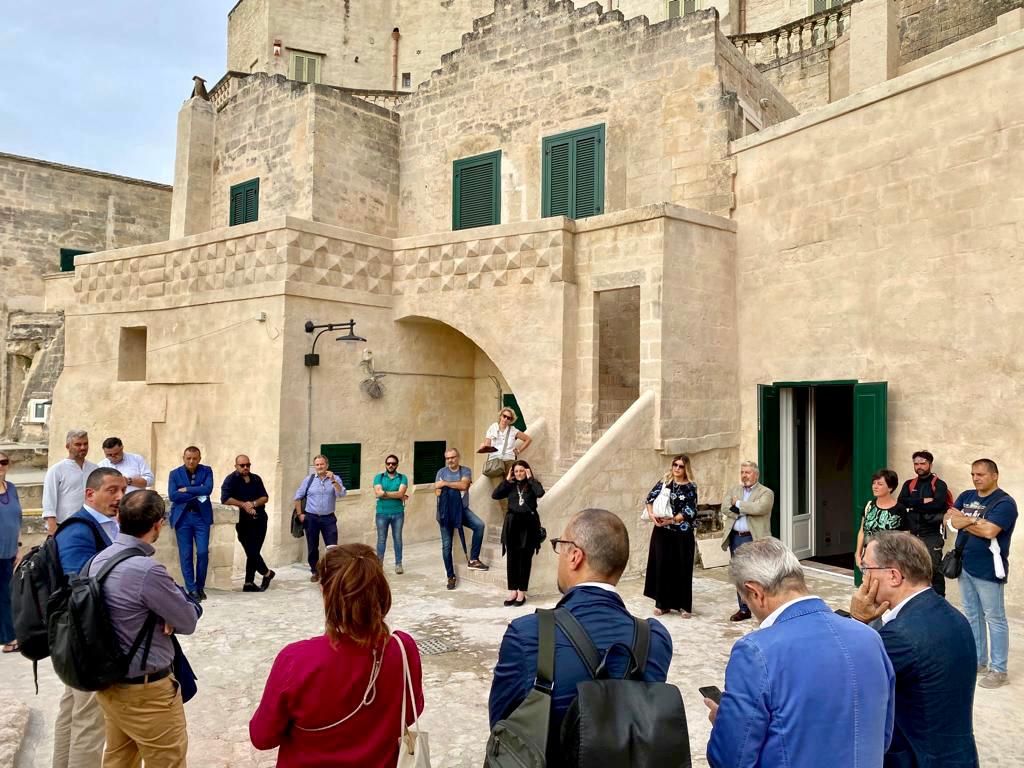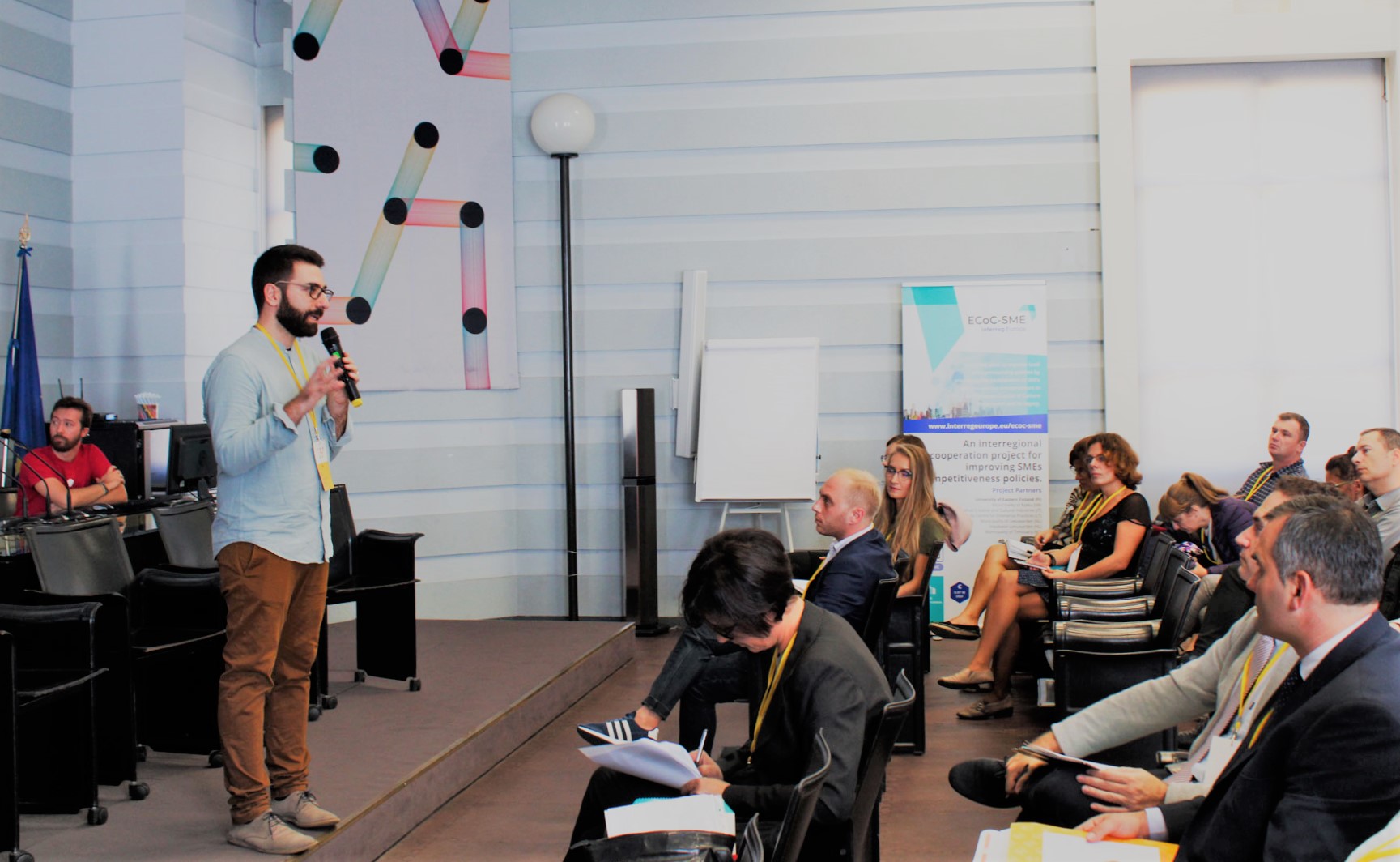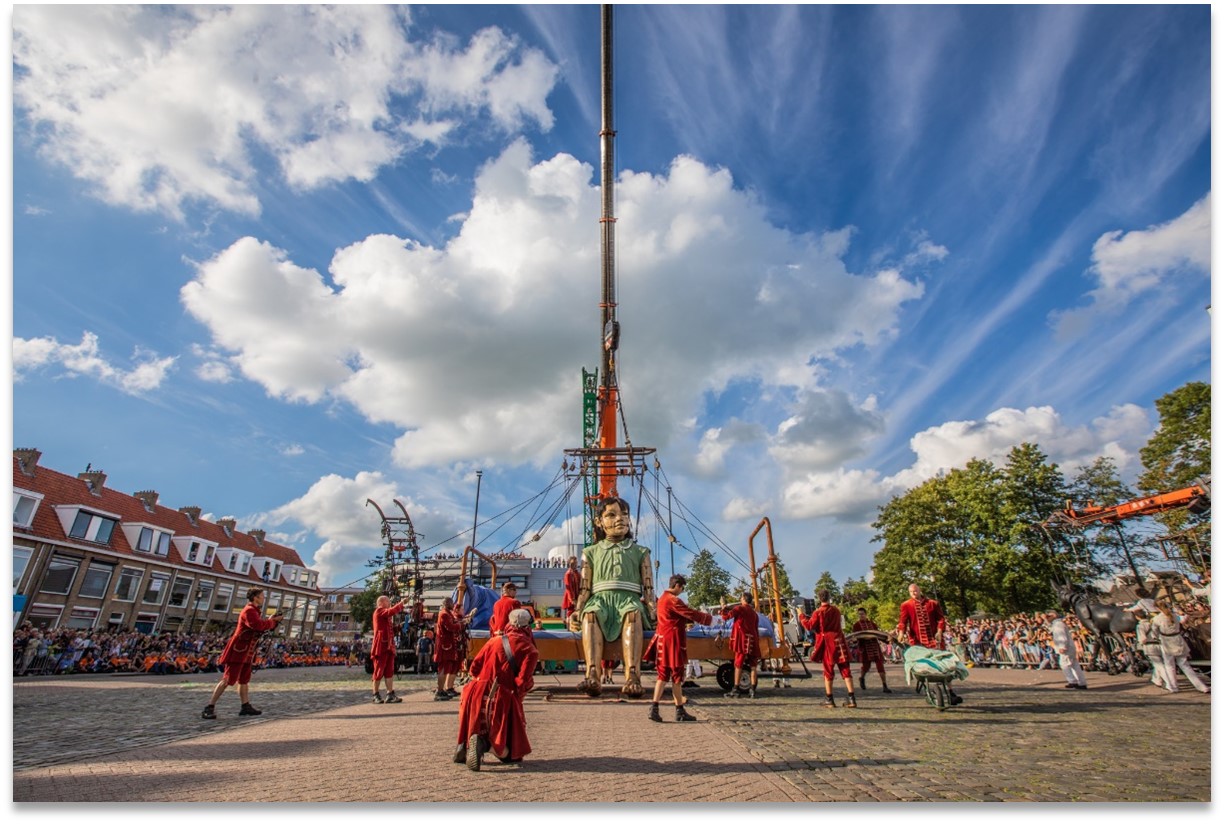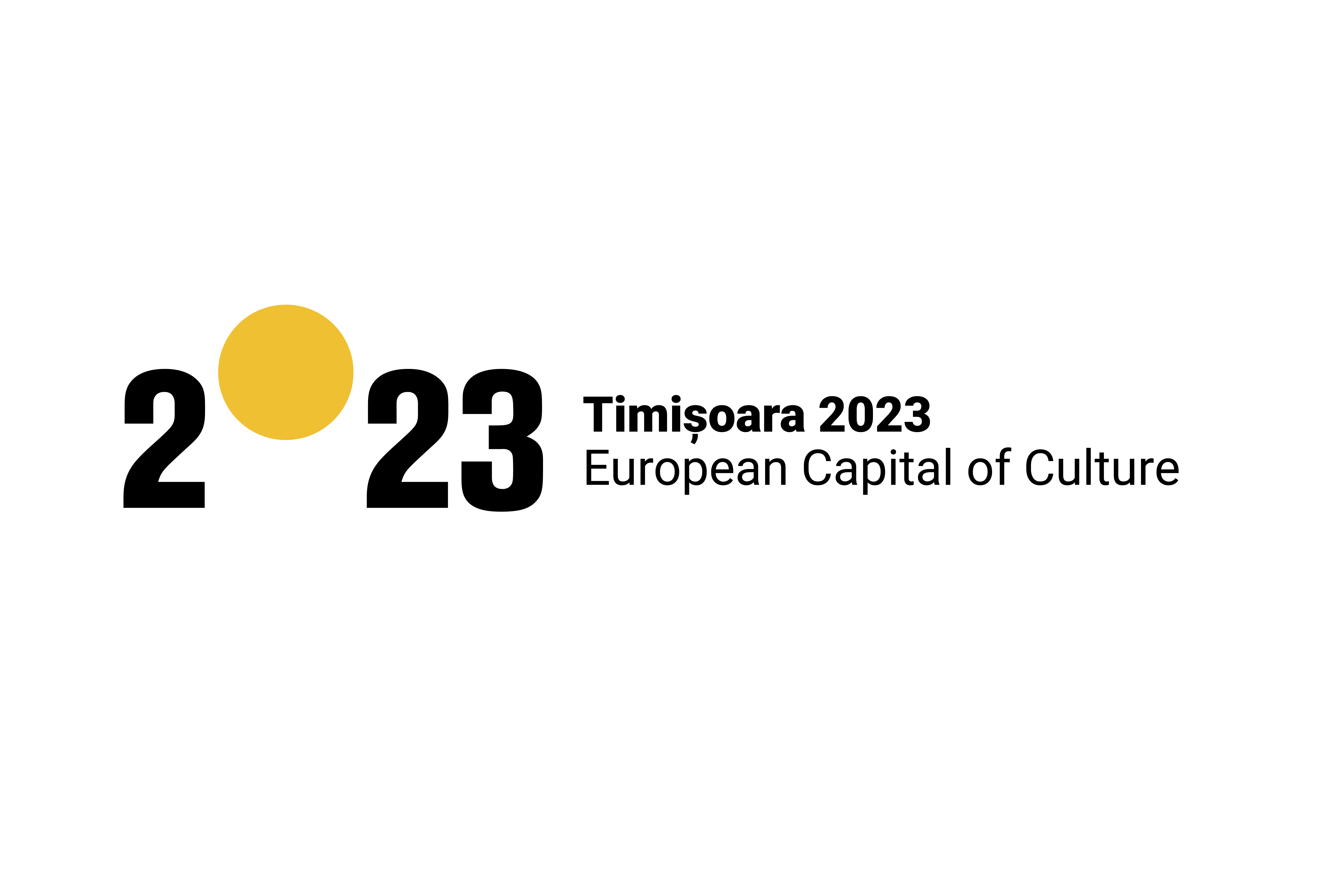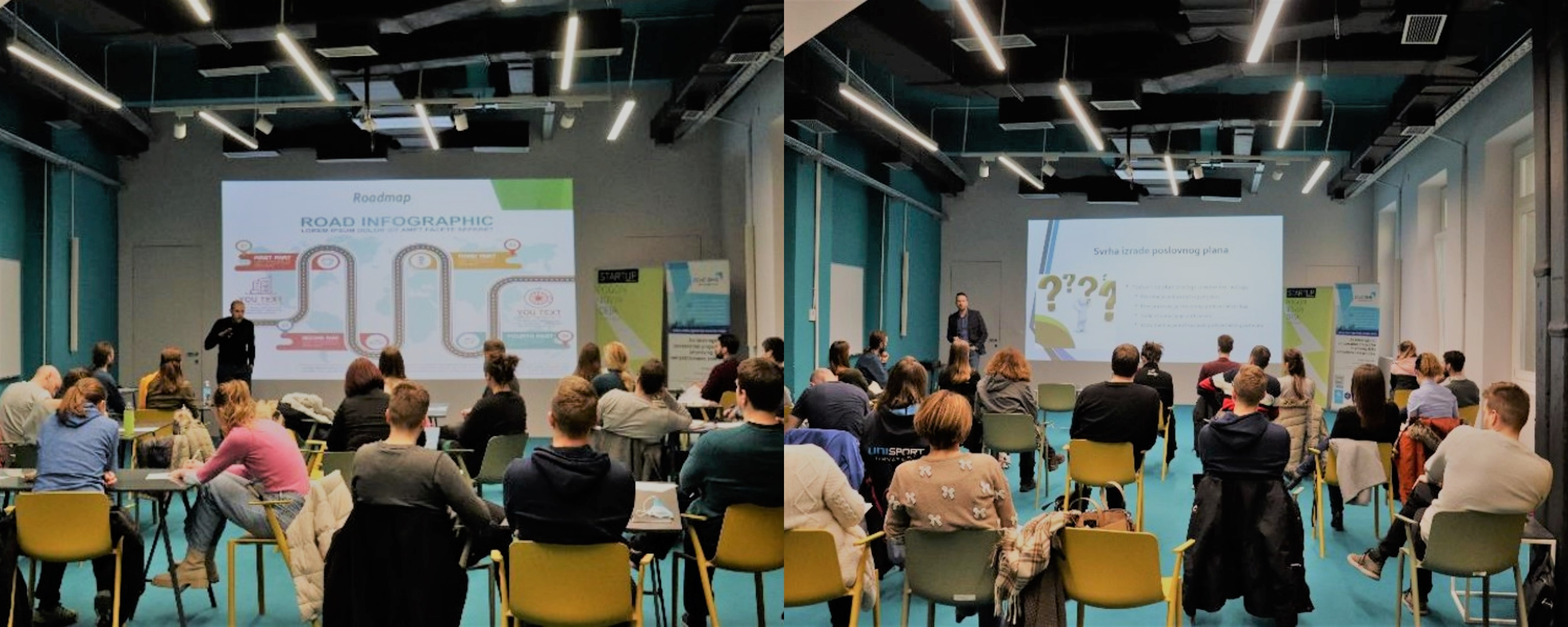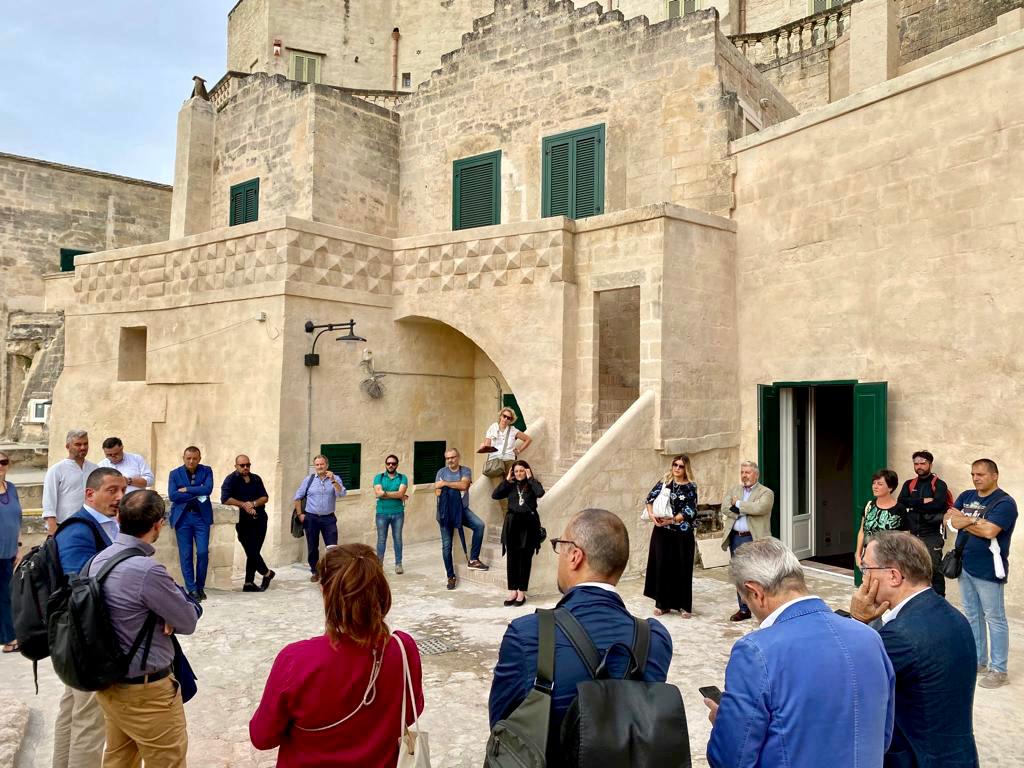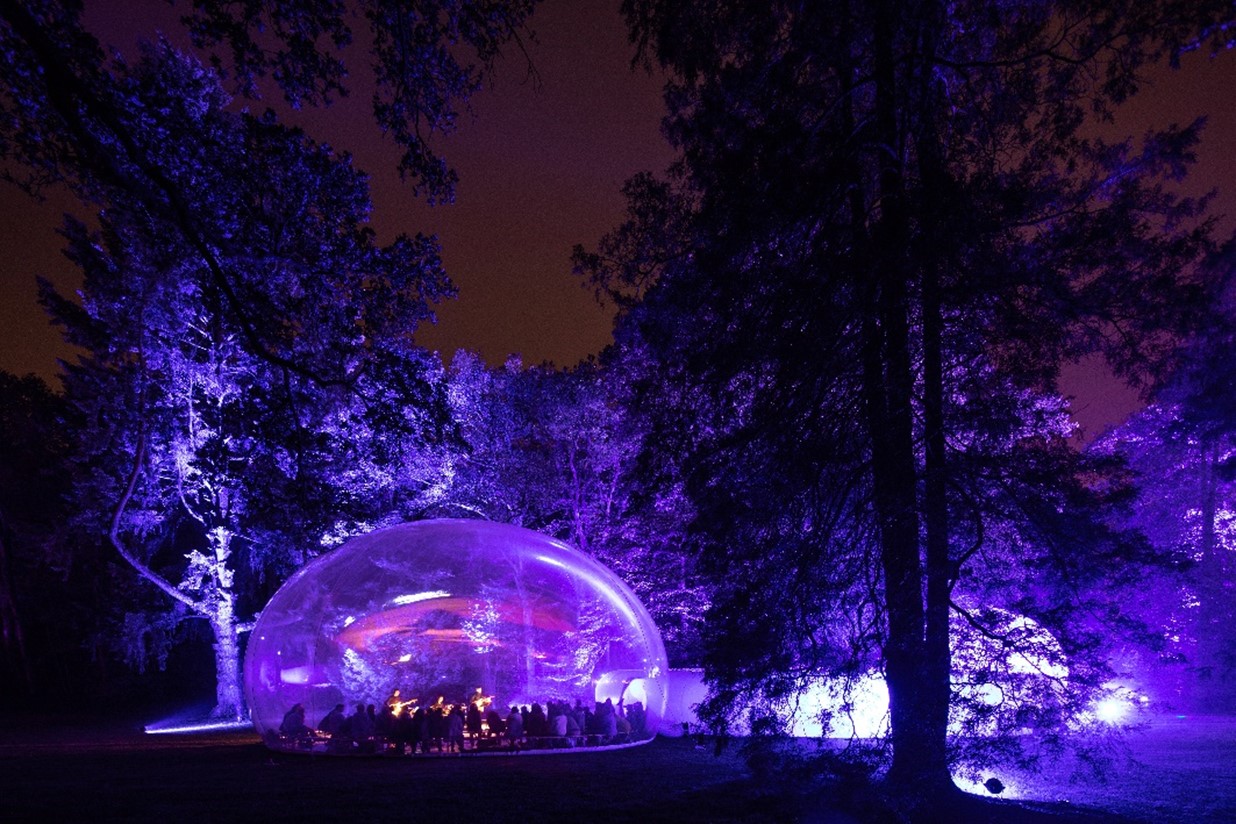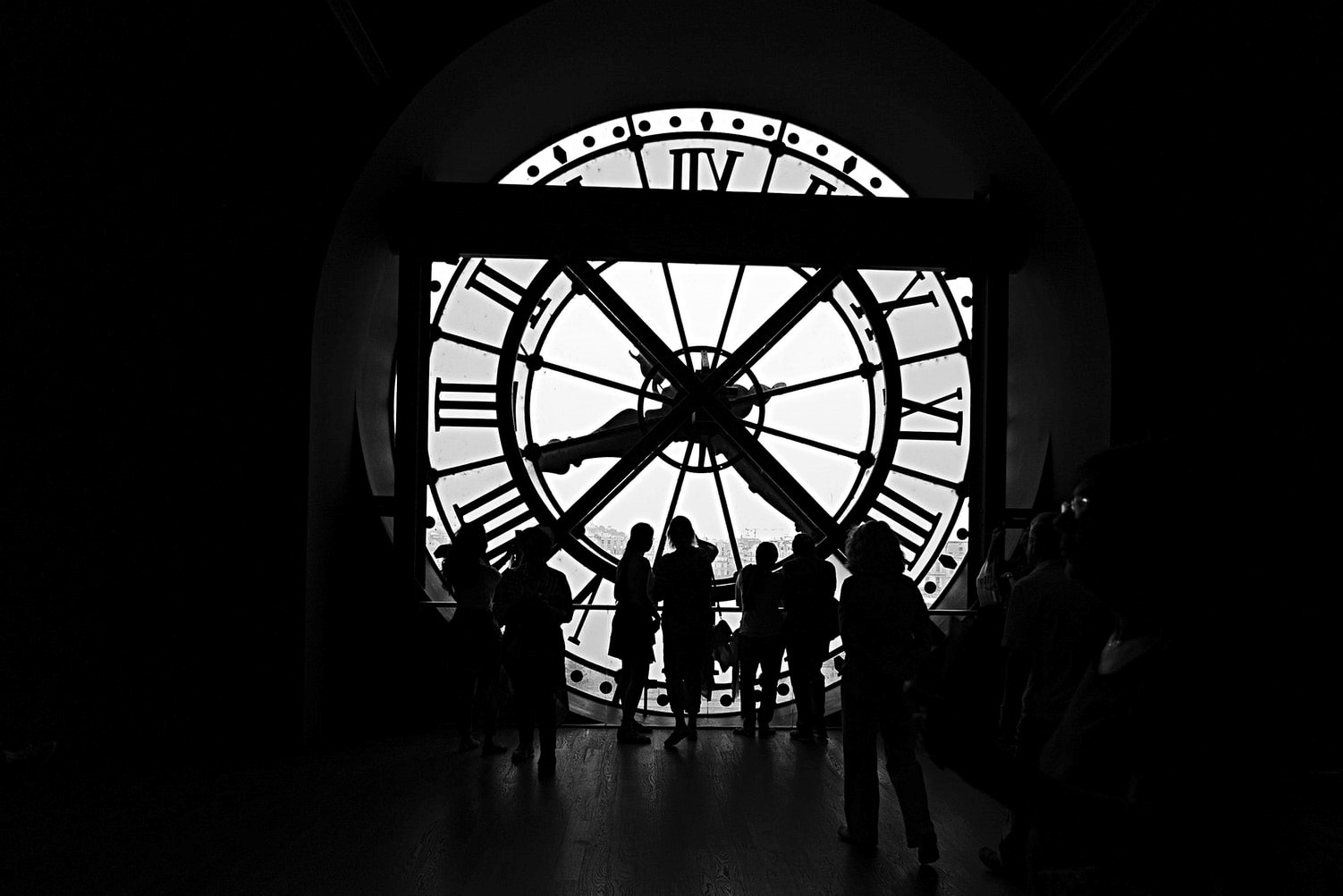European Capital of Culture: a lab for Creative and Cultural Industries
Even though the coronavirus crisis limits us in some ways, it also opens new opportunities.
Leeuwarden’s third Local Learning Lab, jointly held online by the Municipality of Leeuwarden and Inqubator Leeuwarden, invited their regional stakeholders and our Italian partner Materahub to share ideas for promoting entrepreneurial opportunities for artists.
Startup opportunities in the Cultural and Creative sector
 Paolo Montemurro, director of Materahub, shared exemplary activities in Matera region that connect the local and European dimension.
Paolo Montemurro, director of Materahub, shared exemplary activities in Matera region that connect the local and European dimension.
They are projects that support artists in the development of international skills needed when they would like to act beyond the border; or projects that emphasise the importance of soft and entrepreneurial skills already at university level, in faculties where business is not the main subject (e.g. arts or humanities).
In a response, Albert Haan from Samenwerkingsverband Noord-Nederland (Northern Netherlands Alliance) highlighted the idea of having an intermediary organisation, such as Materahub, as a key element in regional strategy to maintain long-term impact of cultural events. He also valued the international activities of Materahub as a way of maintaining long-term impact, to which Paolo confirmed the opportunities of experimentation these international projects offer, to test certain methodologies, project ideas and to see if they work.
Earlier examples from the study visit to Matera have also inspired Leeuwarden teams to adapt their regional programme to stimulate the creation and development of new companies in the creative industry.
Similarly, Materahub saw incredible potential for the Cultural Launch Game to be translated and applied in Matera to further support the capacity building initiatives put in place for youth activation and the Cultural and Creative operators.
“The experience of Leeuwarden is relevant for us as they show how to build a legacy program following the ECoC macro event. It is even more interesting as they are considering to base part of this programme to support the creation of new companies in the cultural and creative sector, aiming at the sustainability of the sector. Another element which impressed me is how they were able to have all the relevant actors who can and should play a role in the ECoC preparation, implementation, and follow-up programme.”
- Paolo Montemurro
It was 2010 when the city of Matera decided to start a long and successful process to become European Capital of Culture.
Almost 10 years of preparation is an incredible long time to structure a strong programme, have a vision, invest with care, envision not only a one-year event but also how this could be the starting point of a process allowing culture to be the core of regional development, both economic and social.
The story of the journey of Matera to be the ECoC 2019 is somehow connected with the story of our partner Materahub, created in 2011 to valorise the incredible heritage of the city of Matera and to activate a process of local development based on culture and creativity.
In these 10 years a lot of initiatives have been put in place, mainly through European Cooperation, which made possible to use the city of Matera and its cultural and creative sector as guinea pigs for innovation.
Like Matera, other former ECoCs invested a lot on the Creative and Cultural sector. To name the most known and still active are Kosice, which has transformed the ECoC governing body into an agency for the development of creative industries, Linz which has followed a similar path, and the region of the Ruhr in Germany, which created a centre to explore the potential of creative economy on regional development.
All these examples shows how ECoCs are the perfect place to invest in creative economy, aiming at leaving on the local area not only an incredible year of Culture but also a powerful set of instruments, policies, programmes to endorse the economy behind culture and creativity and the people working on it.
Linz, Ruhr, Kosice, Leeuwarden, Matera are live examples of how ECoC is the perfect laboratory to experiment dedicated supporting programmes for existing and future creative industries.
European Commission is looking for more cities to follow these examples, who will be next?
